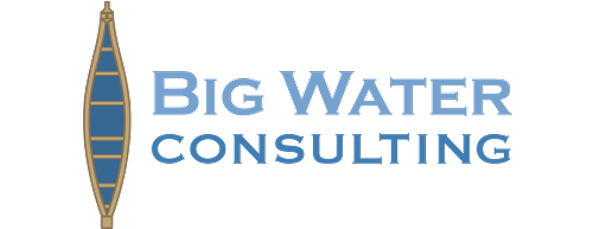Use-Related Methamphetamine Contamination in Managed Housing
Current Knowledge and Standards and Future Policy Directions
Project Profile
Client:
Salish & Kootenai Housing Authority
Funded by:
HUD Office of Native American Programs Training & Technical Assistance Program (administered by the National American Indian Housing Council (NAIHC) as Community Compass TA Provider)
Project Time Frame:
May 2020 - March 2021
Core Team Partners:
Big Water Consulting
Seven Sisters Community Development Group
Core Services:
Training and technical assistance reviewing, evaluating, and summarizing the available scientific research regarding the health effects of exposure to use-related meth contamination in housing units. This supported and informed a review and revision of housing authority meth remediation policies and procedures.
Project Description
The Salish & Kootenai Housing Authority (SKHA), in cooperation with Seven Sisters Community Development Group (Seven Sisters) and Big Water Consulting, conducted research to evaluate the spectrum of current standards for safe or acceptable levels of use-related methamphetamine contamination in managed housing. Big Water Consulting reviewed available scientific literature and legal standards to provide a comprehensive summary of the recommendations and guidelines for safe use-related methamphetamine contamination levels in occupied housing units that have been adopted by local, state, and federal agencies in the United States and other countries, as well as a comprehensive review of how each standard was evaluated and finalized. The report summarizes the available science and policy, as well as models for balancing related harms in managed housing, with a brief case study addressing the process and policy changes of the SKHA.
Preliminary findings were presented to the management staff and board of SKHA, who worked with Big Water and Seven Sisters to amend SKHA maintenance policy to better align with the housing authority’s goal of maximizing access to safe and sanitary housing for their residents. Under the prior maintenance policy, SKHA tested each housing authority unit in between tenants and remediated any unit that tested above 1.5 μg/100 cm² (micrograms per 100 square centimeters), the standard put forth by the California EPA to address contamination in former meth lab environments. Under the newly-revised maintenance policy, SKHA no longer tests units for methamphetamine contamination except in cases of lab or production activity.
Big Water Consulting and SKHA presented research findings from this T&TA project at the NAIHC Legal Symposium in December 2020.
Click the below link for the NAIHC release of the report, including a statement from the SKHA:


